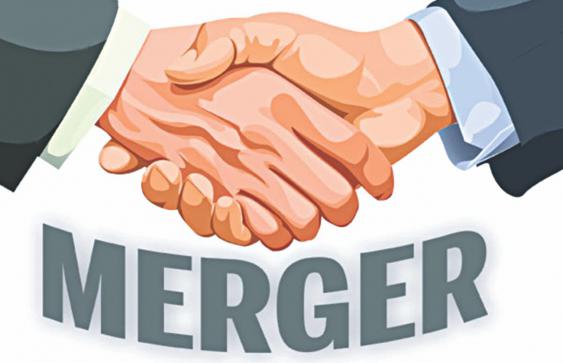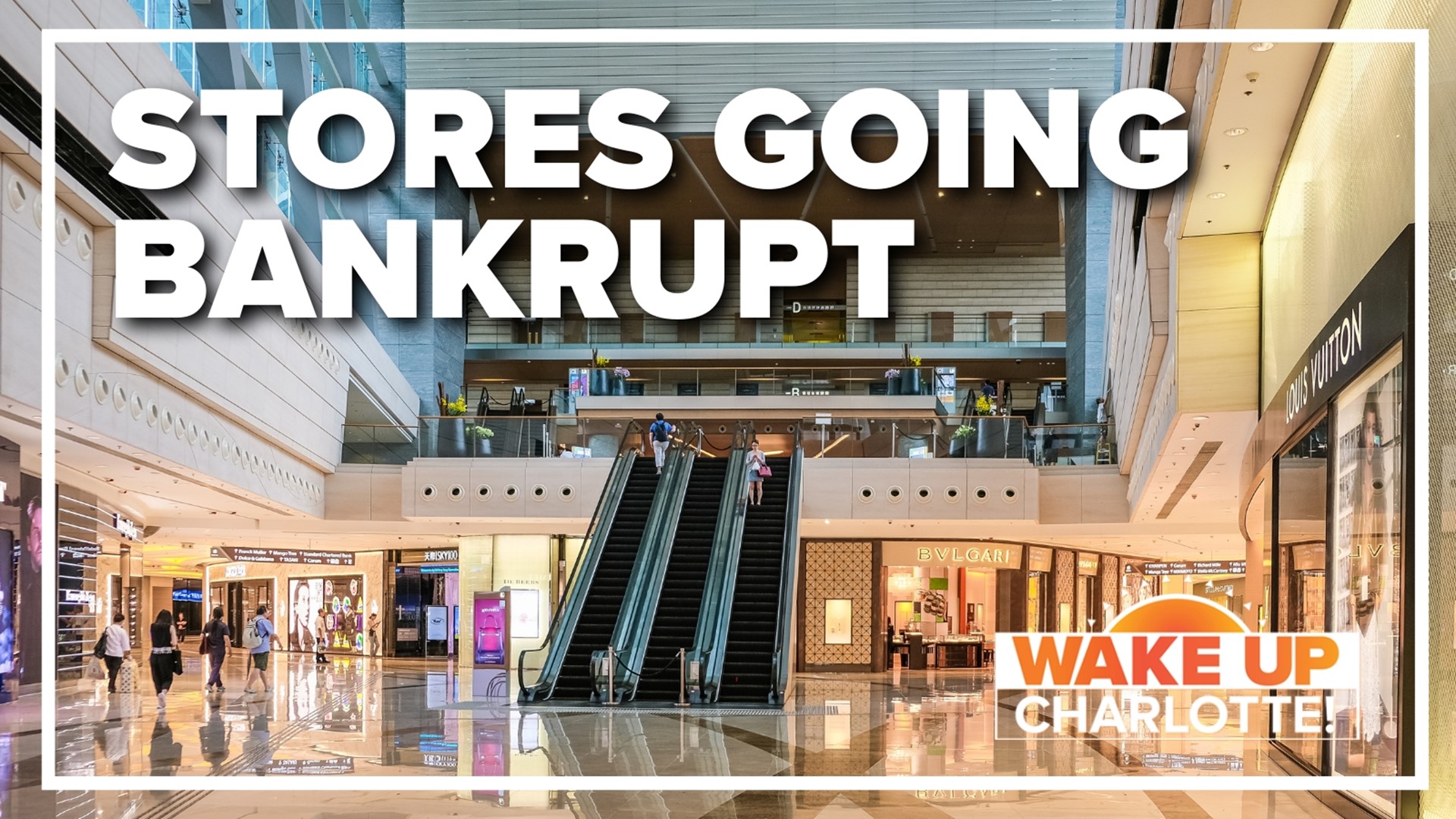Current News on Kroger: Key Developments and Insights
Kroger, one of the largest grocery chains in the United States, is currently in the spotlight due to its proposed merger with Albertsons, which has sparked significant public and regulatory interest. This article summarizes the latest developments surrounding Kroger, focusing on the merger, its implications for consumers, and recent operational challenges faced by the company.
Merger with Albertsons: A Major Legal Battle
Overview of the Merger
Kroger's proposed $25 billion merger with Albertsons is being touted as a strategic move to enhance competitiveness against major retailers like Walmart and Amazon. The merger, if approved, would create the largest grocery chain in the U.S., significantly impacting how Americans shop for groceries.
Recent Court Hearings
The merger is currently under intense scrutiny from federal regulators, particularly the Federal Trade Commission (FTC), which has raised concerns about potential price increases and reduced competition in the grocery sector. A recent court hearing in Portland, Oregon, saw Kroger CEO Rodney McMullen defending the merger, arguing that it would lead to lower grocery prices for consumers. McMullen stated that the merger would allow Kroger to reduce its prices further, as Albertsons' prices are currently 10% to 12% higher than Kroger's.
Arguments for and Against the Merger
Proponents' View: Supporters of the merger, including Kroger and Albertsons executives, argue that the combined entity would have greater buying power, enabling them to negotiate better prices with suppliers and pass those savings onto consumers. They assert that the merger is essential for competing effectively in a rapidly changing retail landscape.
Opponents' Concerns: Critics, including the FTC, argue that the merger could lead to higher prices and reduced choices for consumers, particularly in areas where both chains operate. They fear that the consolidation of such large entities could stifle competition and lead to monopolistic practices.
Recent Developments in Court
As of September 5, 2024, the court proceedings are ongoing, with both sides presenting their cases. The outcome of this trial could have far-reaching implications for the grocery industry and consumer prices across the nation.
:max_bytes(150000):strip_icc()/mergersandacquisitions-ef12384a42704419beaf9c960c5f1354.jpg)
Operational Challenges: Website and App Issues
In addition to the merger discussions, Kroger is facing operational challenges. Reports indicate that the Kroger website and mobile app have been experiencing intermittent outages, causing frustration among customers trying to shop online. Users have reported lengthy loading times and error messages, prompting some to opt for in-store shopping instead.
Impact on Customers
These technical difficulties come at a time when many consumers are increasingly relying on online shopping for groceries. The outages could potentially lead to a loss of sales and customer dissatisfaction, further complicating Kroger's position as it navigates the merger process.
Kroger's Pricing Strategy Amidst Inflation
Kroger's leadership has also been addressing the broader issue of grocery prices in the context of rising inflation. In recent statements, McMullen emphasized that the company is not solely responsible for the increased prices of essential items like milk and eggs. He attributed these hikes to external factors such as credit card swipe fees and fuel costs.
Commitment to Price Reductions
Despite these challenges, McMullen has committed to reducing prices if the merger with Albertsons is finalized. He has promised a $1 billion price cut on groceries, which he claims will help alleviate some of the financial burdens on consumers.
Conclusion: A Pivotal Moment for Kroger
The current situation surrounding Kroger is a complex interplay of merger negotiations, operational challenges, and pricing strategies in a competitive market. As the company faces legal scrutiny over its proposed merger with Albertsons, the outcomes of these proceedings will not only shape Kroger's future but also influence the grocery shopping experience for millions of Americans.

Key Takeaways
- The Kroger-Albertsons merger is under legal review, with significant implications for competition and pricing in the grocery sector.
- Kroger is experiencing technical issues with its online shopping platforms, affecting customer access and satisfaction.
- The company is committed to addressing rising grocery prices and has pledged substantial price reductions if the merger is approved.
As developments unfold, consumers and industry observers alike will be watching closely to see how Kroger navigates these challenges and what it means for the future of grocery shopping in the United States.





